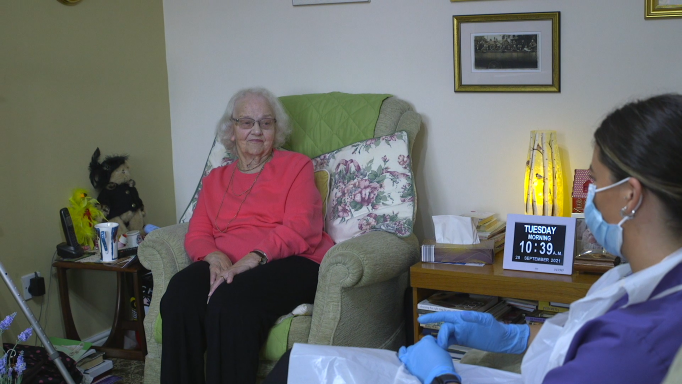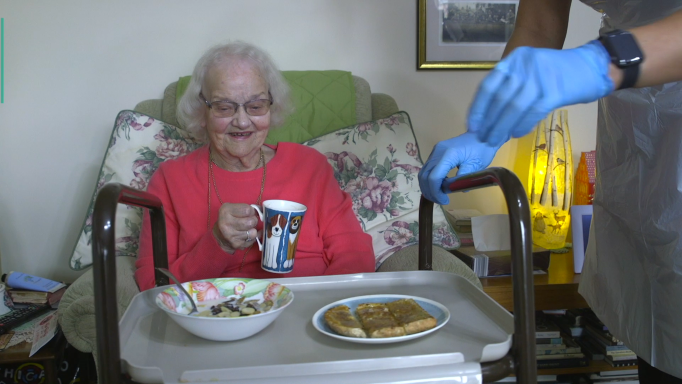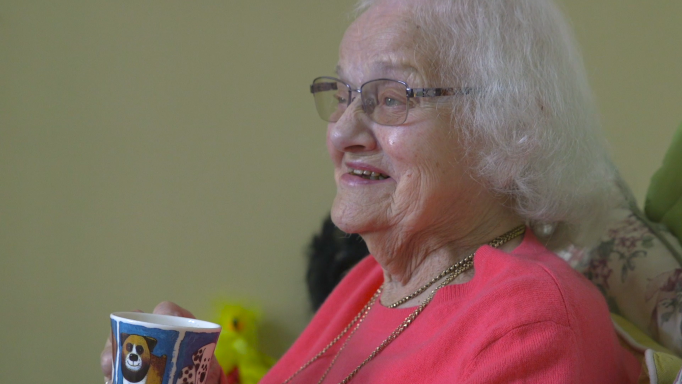Within the stratosphere of care there can be a lot of misconceptions about what the job actually entails on a day to day basis. Caring is such a versatile job role and each visit can vary significantly from the one before it, and that is what keeps it interesting. So you may be wondering, why take the journey into care work? Follow me to see what a day in the life of a carer involves, as I go on a 7am-2pm shift. Get to know what kinds of clients you might get to meet, and what kinds of tasks may be expected from you as a carer.

A Day In The Life of a Carer:
● The first call is at 7am and so it’s an early morning of getting up and ready to show up bright eyed and bushy tailed to help my first client of the day. The morning shift is very heavily geared towards personal care and helping people to get out of their bed, make sure they have taken any prescribed medication, supporting clients to prepare drinks and breakfast of their choice and supporting clients with personal care tasks.
● My first client is very independent with their day to day tasks but needs some help with the fiddly bits of their routine that can get more difficult with age. I support with their catheter care and get them set up with a brew and some breakfast before asking if there is anything else that they need from me before leaving for my next call.
● My second call differs a lot from the first. My client is on palliative care and so is very dependent on the help we provide. This visit involves giving my client their prescribed medication and supporting them with eating and drinking before moving to do any tidying up that is required around the house. My client is bed bound, and so my main job is to provide all around care for them, doing whatever they need from me to ensure they are comfortable and cared for and most importantly safe in between care visits.
● Moving to my next client, it is a welfare visit ensuring that they have been taking their medication and eating and drinking and they are safe and well. My client is someone who deals with depression so it is important that we monitor her closely and liaise any concerns with our managers so we can support our client the best we can.
● By now it is approximately 10am and I am visiting my next client who is mostly independent and physically able in most household and personal care tasks. Here, I support where needed with personal care and dressing, and small tasks such as hair combing and putting in my clients’ hearing aids. We then go into the kitchen and my client decides what they would like for breakfast and what they would like to drink this morning. Then I do any cleaning that needs to be done eg: the washing up. Before I move on to asking what the client would like for dinner. By portioning out the chosen dinner and placing it in an accessible place, the client can then either prepare the food themselves come dinner time, or they can direct their next carer to the food.
● My next visit is to a couple who live together and are very independent. This visit is heavily geared towards offering a helping hand with some personal care tasks such as dressing. Before I leave, I make sure that the washing up is done and put away, making sure to ask if there is anything else that can be done to help them.
● Then my final visit of the day was a 2 hour visit to a home shared by two people, one of which has learning disabilities but is physically capable in their day to day and just needs help with some of the more fiddly tasks that need doing around the house, such as laundry and cleaning to make sure the house is a safe environment for them both to live.

Visiting people through the day is about more than just being task orientated and ‘getting the job done’. It is much more human than that, a visit can brighten someone’s day and allow them the chance to chat away to someone to their heart’s content. It gift’s people company and a listening ear for anything they need. We love to support our clients to remain independent, happy and safe in their own homes which makes the job much more rewarding.
More than that you are constantly observing them, keeping a lookout for any warning signs or non verbal queues, especially for those non verbal clients who may be more vulnerable than others. The main goal as a carer is to maintain that person’s quality of life and support them to live as independently as possible.
So, after seeing what a day in the life of a carer consists of you may be wondering what to consider before approaching a career in care. Don’t hesitate to get in contact if you have any further questions.
Contact Us
If you still want to find out more about the services a Home Care Agency can provide, or you are thinking you may require the services of a professional Home Care Provider, you can contact us here or call 0300 124 5004 to speak to one of our friendly team in confidence. Rest assured we will work with you to ensure you or your relative receive the very best in Home Care Services and will be able to offer a tailored service to meet your needs.



